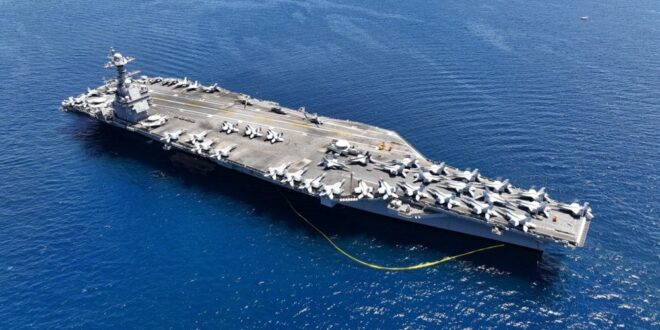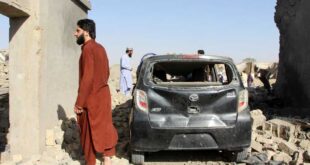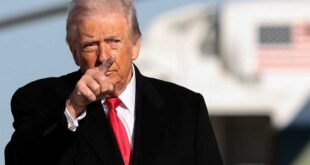By January 20, 2025, when Donald John Trump or someone else is sworn in, the United States could be in a hot war with North Korea.
Donald Trump turned America’s North Korea policy upside down. After a period of strict sanctions enforcement and inflammatory words—“fire and fury,” “locked and loaded”—he reached out to Kim Jong Un. He even became the first sitting American president to step into the Democratic People’s Republic of Korea.
If Trump is elected president next November, will he continue his stunning outreach to the North?
In all probability, the answer is no. In all probability, America’s North Korea policy will be the same regardless who is president.
Why?
When Trump was president, the United States was driving events in North Asia—as well as around the world. Today, a coalition of bad actors, led by China, is doing so.
President Biden’s catastrophic withdrawal from Afghanistan triggered a rapid collapse of the international system. Since August 2021, China and Russia issued a 5,300-word joint statement declaring their “no-limits” partnership in February of last year; Russia invaded Ukraine 20 days later and China has backed the Russian effort; China and Russia then fueled insurgencies in North Africa that resemble wars; and Iran’s proxies, backed by China, attacked Israel on October 7.
U.S. forces have been repeatedly attacked in Iraq and Syria since the assault on Israel. One American contractor has died; dozens of service personnel have been injured.
In addition, China continues to threaten Taiwan. And despite public warnings that the Biden administration is prepared to use force to defend the Philippines, China’s maritime militia and coast guard commit acts of war at Second Thomas Shoal in the South China Sea as well as engage in provocative actions at Scarborough Shoal.
Nothing is inevitable, but the international system is rapidly falling apart and the trend suggests the planet will soon be engulfed by war. Think 1930s. Then, separate wars and conflicts merged into what we now call the Second World War. The same thing can happen today as conflict spreads, especially in the absence of effective American responses.
China has stood behind attackers Russia and Iran, so it’s possible that, should Xi Jinping attack some neighbor, China’s partners will support its war efforts. For instance, Beijing could use all its considerable leverage on Pyongyang to force it to once again cross the Demilitarized Zone in force, launch terrorist attacks in South Korea, or hurl missiles in the direction of Japan.
Xi, should he choose war, will undoubtedly see that as the final struggle with the United States, which he views as the enemy. After all, People’s Daily declared a “people’s war” against America in May 2019. He is not about to let Kim Jong Un remain a bystander in such a critical situation.
By January 20, 2025, when Donald John Trump or someone else is sworn in, the United States could be in a hot war with North Korea. Then, there will be no more “love letters” between Washington and Pyongyang.
Gordon G. Chang is the author of Nuclear Showdown: North Korea Takes On the World and the just-released China Is Going to War
 Geostrategic Media Political Commentary, Analysis, Security, Defense
Geostrategic Media Political Commentary, Analysis, Security, Defense





